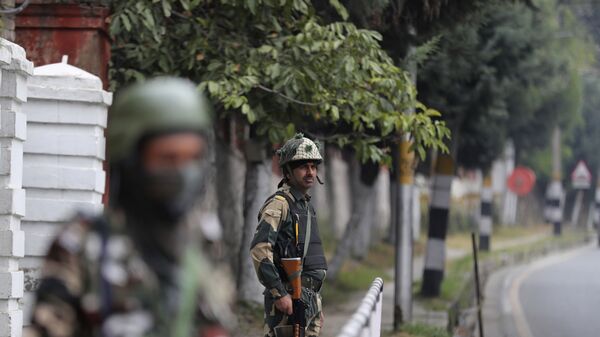India’s Foreign Minister Dr Subrahmanyam Jaishankar has justified a decision regarding Jammu and Kashmir, saying it was “necessary” for public order. Three chief ministers of the erstwhile state – Dr Farooq Abdullah, Omar Abdullah, and Mehbooba Mufti along with a few hundred "suspected troublemakers" are still under preventive detention.
"I think that is one of the fundamental responsibilities for a government. I prefer preventive detentions and no violence than being complacent with accidents as a result. Sometimes measures must be taken for public order. That is not only justified, but sometimes really necessary", he told NRC Handelsblad, a daily from the Netherlands. The interview was released by the Indian External Affairs Ministry on Friday (15 November).
Kashmir, which was bifurcated into two federally administered territories, has also not allowed national opposition leaders to visit so far, while a group of European Union parliamentarians were allowed to “see with their own eyes how things were going”.
“A lot would depend on the purpose of the visit. If a group of people wanted to visit Kashmir without prejudice, we wouldn't say no", Dr Jaishankar clarified.
Dr Jaishankar, a career diplomat-turned-politician, claimed the Kashmir issue “has been fairly resolved” and normal life was gradually returning to the region. He said even stricter measures were needed in Ayodhya due to terrorism coming from across the border.
India’s Supreme Court has settled a sensitive land dispute case, which had raised passions in the country in 1992, resulting in 2,000 people dying in the violence that ensued. The fiercely contested case between Hindus and Muslims was one of the longest fought litigations in Indian legal history.




